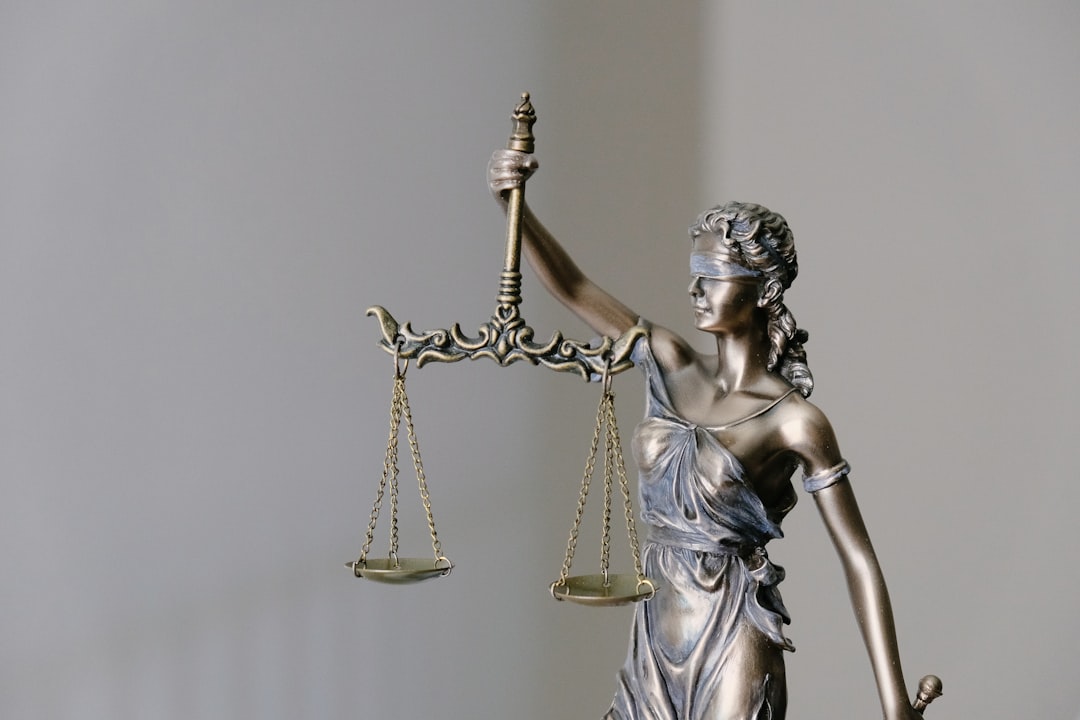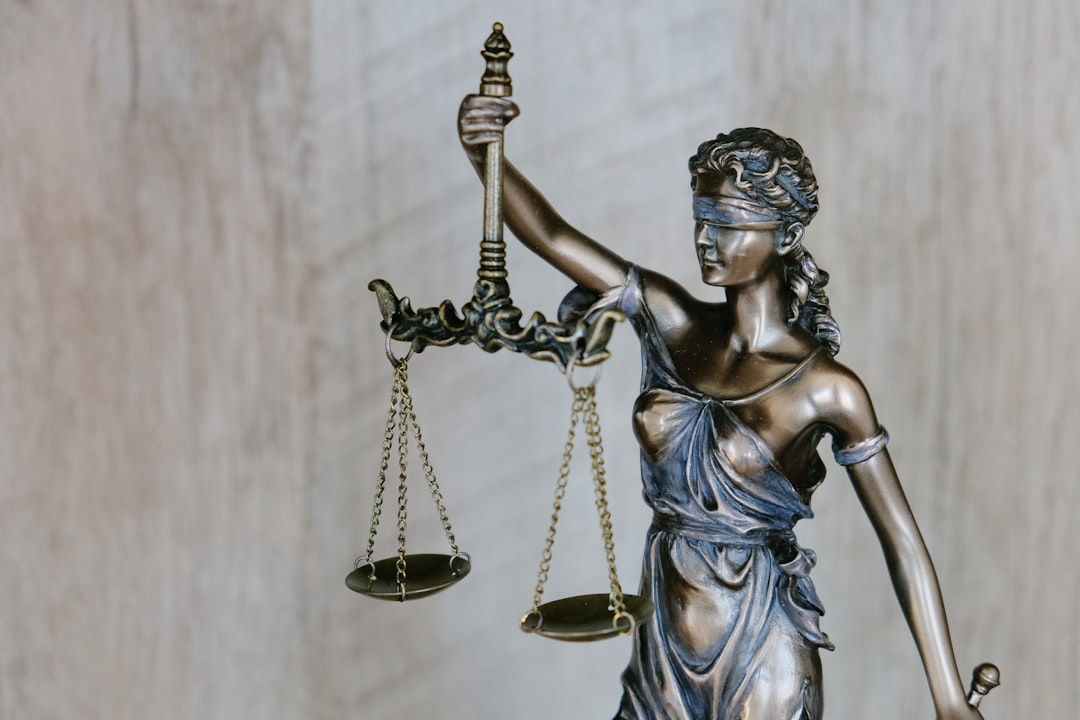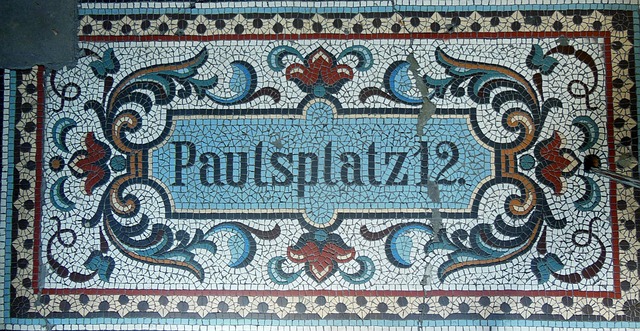Social media platforms empower survivors of sexual abuse in St. Louis, MO, through awareness campaigns, support networks, and education. Hashtags like #MeToo facilitate conversations, while direct connections to local sexual abuse lawyers ensure access to justice. These tools improve accessibility, community engagement, and prevention strategies, but advocates must navigate privacy concerns ethically to protect victims and maintain accountability.
Social media is transforming the landscape of sexual abuse prevention and support in St. Louis, MO. This digital revolution offers unprecedented opportunities to raise awareness, empower survivors, and enhance legal services. Online platforms provide a safe space for individuals to share their stories, fostering community engagement and education. With specialized legal resources readily accessible, social media facilitates quicker connections between victims and experienced sexual abuse lawyers. However, this evolving landscape also presents ethical challenges, requiring careful navigation to ensure the protection and well-being of survivors.
Social Media's Role in Raising Awareness
Social media platforms have become powerful tools in the fight against sexual abuse, playing a pivotal role in raising awareness and connecting survivors with support systems. In St. Louis, MO, where sexual assault is a serious concern, these online spaces offer a unique opportunity to spread knowledge and challenge societal stigma. Through informative posts, personal narratives, and targeted campaigns, social media amplifies the voices of victims, educating the public about prevention, resources available, and the importance of reporting.
A simple post or share can initiate conversations, encouraging friends and followers to learn more about local initiatives and support groups. With the help of hashtags like #MeToo or specific campaign tags, individuals affected by sexual abuse can find solace in knowing they are not alone. Moreover, social media facilitates direct connections between survivors and legal professionals, such as sexual abuse lawyers in St. Louis MO, who offer guidance and support, ensuring that victims have access to justice and the resources they need to heal.
Online Platforms: A Tool for Survivors to Share Their Stories
Social media platforms have become a powerful tool for survivors of sexual abuse to share their stories and find support. In St. Louis, MO, where there’s a growing awareness of the prevalence of sexual violence, survivors are using online spaces to break the silence and connect with others who understand their experiences. These platforms provide a sense of community and empower individuals to speak out against abuse, knowing they have an audience that cares.
With the help of hashtags and dedicated groups, survivors can share their narratives, seek advice, and offer support to one another. This digital network has also attracted the attention of sexual abuse lawyers in St. Louis MO, who recognize the value of online platforms in connecting with potential clients and raising awareness about legal rights. By leveraging social media, both survivors and advocates are making significant strides in combating sexual abuse and ensuring that perpetrators are held accountable.
The Impact on Legal Support and Resources
The rise of social media has significantly influenced the landscape of legal support and resources for victims of sexual abuse in St. Louis, MO. Platforms like Twitter, Instagram, and Facebook have become powerful tools for spreading awareness about available services and connecting survivors with potential legal advocates. Hashtags dedicated to #SexualAbuse, for instance, facilitate the sharing of experiences and foster a sense of community among those who’ve been affected. This digital network effect has direct implications on accessibility; victims can now easily discover and reach out to sexual abuse lawyers in St. Louis MO through online platforms.
Furthermore, social media enables the rapid dissemination of information about legal rights, support groups, and helplines, ensuring that more survivors are equipped with the knowledge necessary to pursue justice. Legal professionals themselves use these platforms to advertise their services, making it easier for victims to find representation. This shift leverages the power of digital communication to bridge the gap between those in need and the resources they require, ultimately enhancing the fight against sexual abuse.
Community Engagement and Education Through Digital Channels
In the fight against sexual abuse, community engagement and education are vital components. Social media platforms offer a unique opportunity to reach and engage with people in St. Louis, MO, where a sexual abuse lawyer may be needed. Through digital channels, organizations and advocates can spread awareness about prevention, resources available, and the importance of reporting. This includes sharing educational content such as articles, videos, and infographics that break down complex topics like consent, legal rights, and support systems.
Furthermore, social media facilitates open conversations, creating a safe space for victims to share their stories and connect with others who have experienced similar traumas. Local support groups and sexual abuse lawyers in St. Louis MO can utilize these platforms to organize events, webinars, and Q&A sessions, fostering community engagement and empowering individuals to take control of their healing process.
Challenges and Ethical Considerations in the Digital Fight Against Sexual Abuse
The digital age has brought unprecedented opportunities to combat sexual abuse, yet it also presents unique challenges and ethical dilemmas for advocates in St. Louis, MO. As social media platforms become powerful tools for awareness and support, they also raise concerns about privacy, consent, and the potential for further victimization. One significant challenge is sharing sensitive information online without compromising victims’ identities or triggering additional trauma.
Additionally, the anonymity offered by some social media sites can make it difficult to verify claims and ensure accountability. Ethical considerations demand a delicate balance between leveraging digital resources for justice and protecting the most vulnerable individuals. Engaging in the digital fight against sexual abuse requires careful navigation of these complexities to effectively support survivors and hold perpetrators accountable while upholding ethical standards.





